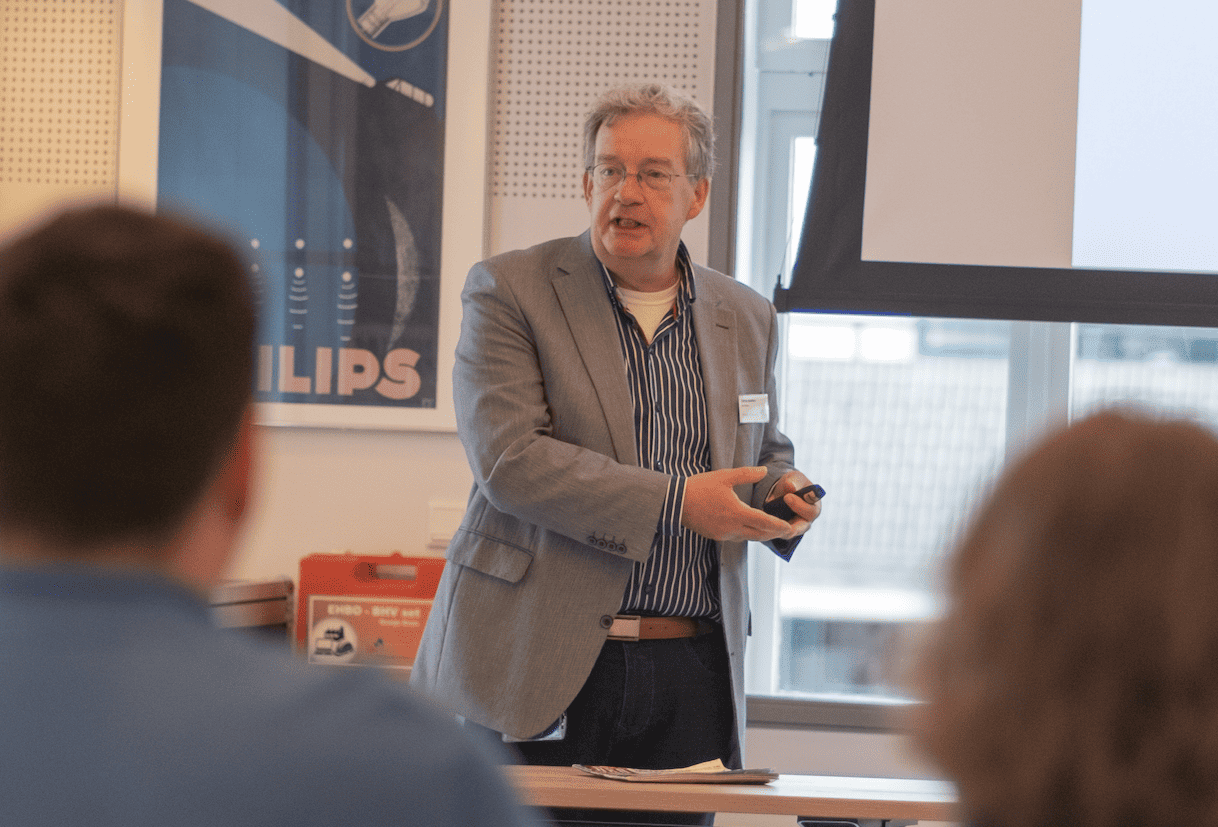
Eindhoven has reached the finals to become “Europe’s capital of innovation.” The city, together with eight other finalists (including Amsterdam, Berlin, Milan and Paris), was selected for the final round of the European competition with its bid book ‘Enlightening Tomorrow’s Society’. Next Monday (January 25th) the presentations for the jury of the European Capital of Innovation Award (iCapital) will take place. A team led by Councillor Mary-Ann Schreurs of Eindhoven will be there.
A total of 36 cities have submitted applications. On April 8 Eindhoven will know if the city will officially be called the 2016 European capital of innovation. The competition is an initiative of the European Commission, to stimulate the innovative power of cities. For the winner there is a cash prize of € 950,000. This amount will be spent on innovative solutions for the city. The second and third place respectively receive € 100,000 and € 50,000.
Enlightening Tomorrow’s Society
Eindhoven focuses in its bid book ‘Enlightening Tomorrow’s Society’ on the innovative development around the Roadmap Urban Lighting by 2030. A city spokesman: “The Lights of the past has been shaped by the people. Now Eindhoven has redefined the city of tomorrow by putting people in control of their own life, including the theme of light. People make things again, just like before.” The realization of a ‘smart’ light grid is central in the bid book; a light network that allows for open innovation and improves the quality of life, in co-creation with residents, a consortium of industry, knowledge institutions and the community.
iCapital 2016
The first edition of the iCapital Award was in 2014, with Barcelona as the winner. The competition encourages the development of the innovation ecosystem in cities in which citizens, governments and NGOs, research institutions and businesses work together to create a better quality of life for the residents of their city. In addition to an assessment on the 5 i’s (an innovative, inspiring, interactive, integrated and impactful city), the jury looks mainly to the way in which people are involved in innovation in the city. The winners should represent a best practice model for urban innovation across Europe.
The nine finalists with the central theme of their application:
Amsterdam (NL) – for embracing a bottom-up approach based on smart growth, startups, livability and digital social innovation
Berlin (DE) – for performing as an urban living lab where innovative Information and Communication Technology solutions can be tested
Eindhoven (NL) – for combining digital technology with creativity in its world-leading urban smart lighting strategy
Glasgow (UK) – for its replicable innovation model based on partnerships across industry, science and communities
Milano (IT) – for enhancing social inclusion and alternative models in the delivery of public services to create more opportunities for employment
Oxford (UK) – for its vision to openly share the wealth of knowledge within its world-class innovation ecosystem
Paris (FR) – for its strategy based on open innovation, connectivity and ingenuity aiming at becoming a world hub for start-up
Torino (IT) – for its open innovation models supporting social innovation start-ups and creating new market opportunities for urban innovations
Vienna (AT) – for its long-term innovation strategy based on nine ‘Viennese Principles’ including inclusion, transparency, gender equality, innovation, and learning








